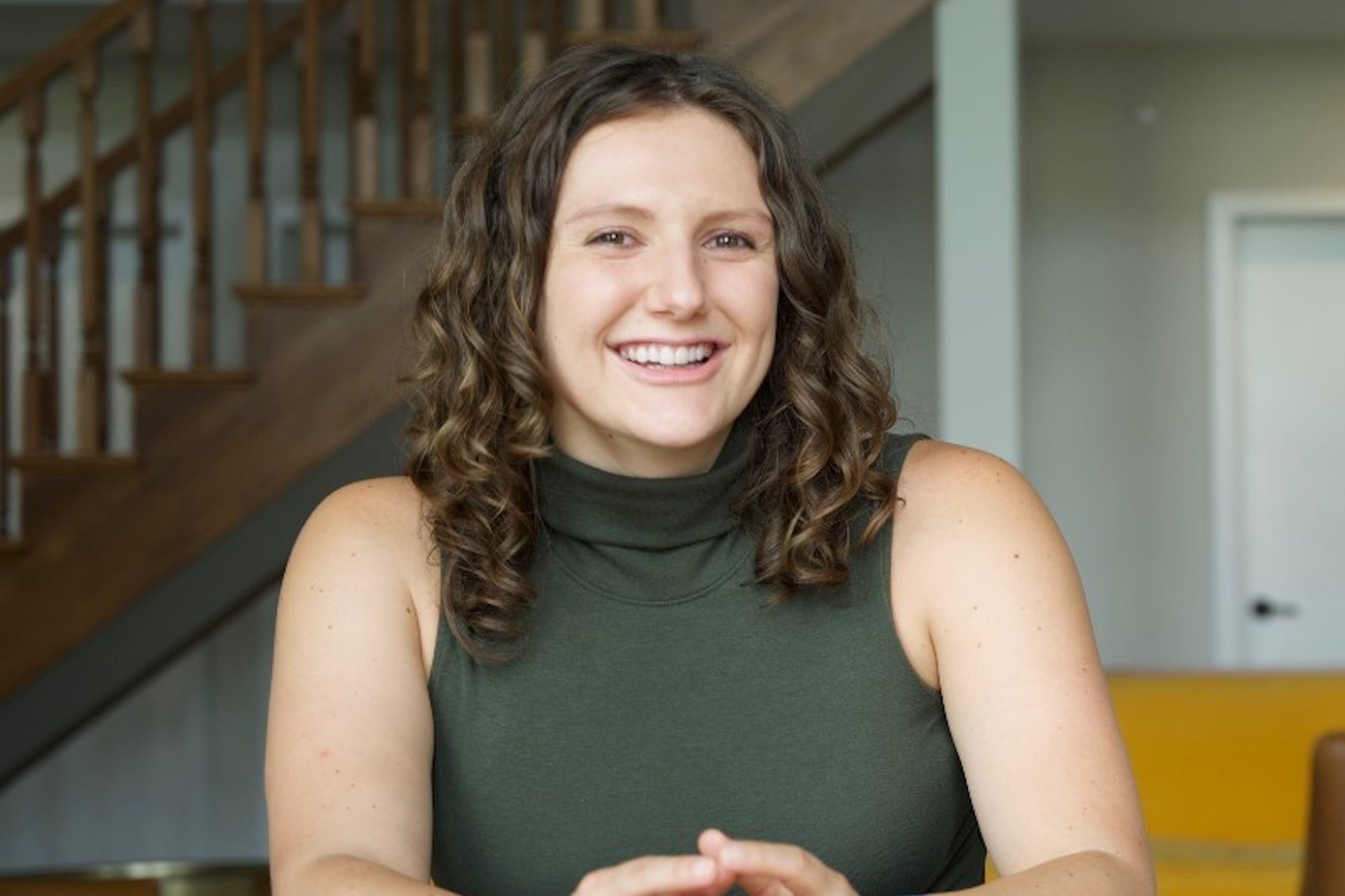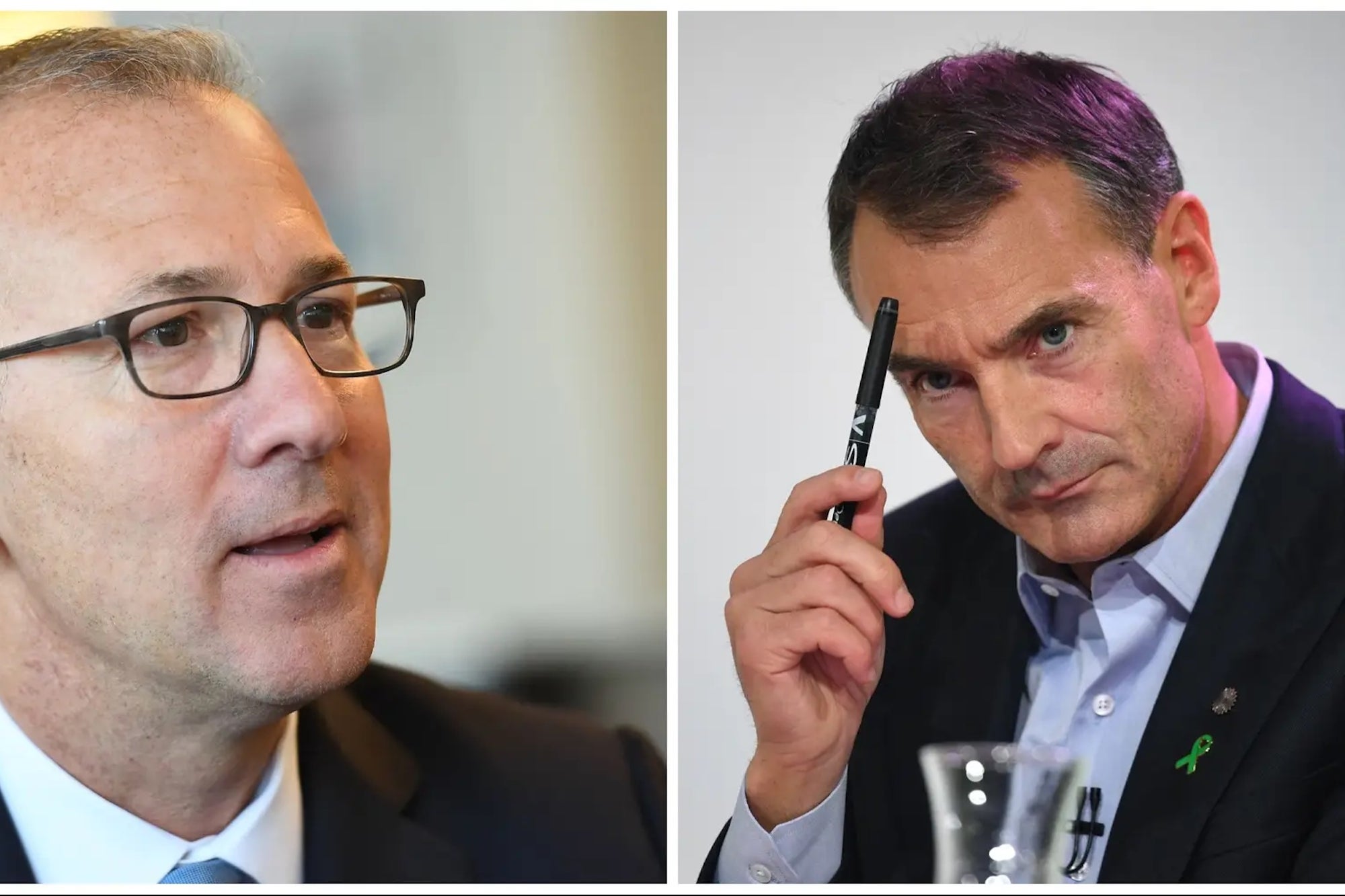The 10-Point Conversation to Have with People Who Attended Your PresentationLearn the secret formula to effective presentation follow-up.
Opinions expressed by Entrepreneur contributors are their own.

The following excerpt is from Dan S. Kennedy and Dustin Mathews' bookNo BS Guide to Powerful Presentations. Buy it now fromAmazon|Barnes & Noble|iTunes
Although we do a lot of presentation follow-up by mail, email, retargeting with social media, newsletters and other means, I find nothing trumps a one-to-one phone conversation with a friendly, competent person conducting the call. We've developed a very effective template for these calls. With some adjustments, it would be a good template for you, too. I don't want you to undervalue this. If you hired a sales script writer to develop this kind of thing for you, it could easily cost you $5,000 to $10,000.
Related:Turn Lost Presentation Leads Into Closed Sales
When you add this process, you are, with those not buying at your presentation, using that fact and the presentation as a very good excuse or reason for the post-presentation phone conversation. Anytime you can have a conversation with a qualified prospect, that's a good thing, but as you certainly know, there's a high level of resistance to telemarketing calls. In these cases, the calls don't have to be perceived as telemarketing, and there's a relationship of sorts in place in advance of the call. This is a very different dynamic than a typical telemarketing call.
It is definitely best to get every sale you can at your presentation -- nothing beatsnow. But if you have a list of people who didn't purchase your next-step products or services, here are 10 follow-up questions:
1.We appreciate your having attended Dave's presentation. Thank you. Could I ask you a few questions about your thoughts about the presentation?
We ask this question to get people into the Yes State that's important for closing a sale. It's an easy way to start and sounds like the call is more of a survey call than a sales call.
2.What were some of the things you liked most or found most interesting about Dave's presentation?
We ask this to put them back into the time when they were excited. You should notice that the question is framed to encourage a positive response.
3.Dave is very particular about who he works with. He likes working with people doing something important, so please tell me how your business positively impacts people and might even change the world?
People tend to enter sales conversations trying to sell. We take an interview approach instead. With a question like this, we turn the tables and get the prospect to sell us rather than us selling them. This question also gives the prospect an opportunity to talk about his business in glowing terms.
Related:3 Presentations You Can Automate to Spread the Word to More People
4.What's your "bigger reason" for being in your business and doing what you do? Do you have a legacy in mind to create?
This lets people know we're not just there to sell; we truly want to help people build a legacy for themselves and have their business and life mean something. We've learned that buying and price resistance goes down when people are focused on "deeper meanings." This also challenges people to think bigger.
5.What's your greatest challenge?
This starts a movement toward offering our assistance. Depending on the answer, we have two immediate follow-up questions: What about that is your biggest problem? And: What is it costing you? These are pain-inducing questions to establish a disease we can cure.
6.Do you have a budget to solve this problem?
This raises the issue of money so you can try to understand where the person is financially. In our business, we have different versions of our services that we can prescribe, at different prices, so getting a sense of the person's ideas about acceptable price is very useful. An alternative or follow-up question is: What do you think it could be worth for you to solve this problem?
7.Based on Dave's presentation and what you know about Speaking Empire, how do you think what we do might help you the most?
This is a key question. Given answers to questions 5 and 6, most salespeople would jump ahead to selling a solution. We prefer to get the prospect to tell us how they think we can help them -- essentially selling themselves. This reduces the stress of the conversation. It also allows less skilled salespeople to conduct these conversations.
8.Would it be OK if I continue with that, and share how I think we can help you?
This returns control to us, in a friendly way. It's at this point that I'm going to lay out a few (at most three) options for working with our company on a project, leading to...
9.Which option works best for you?
Because we structured an either/or alternate choice instead of a yes/no, most people who've gone this far will pick one of the options or at least pick one to ask additional questions about. After answering any such questions and getting a choice made, we usually offer a post-event discount or bonus or both...
Related:2 Secrets About Online Media Presentations
10.The good news is that we have a post-event special offer for this . . .
From here, we move into getting the order written.
Now, a confession of sorts. In our business, at most of our multiday events, we actually use this template -- slightly tweaked -- to sit down with prospects right then and there and close our sales immediately. This is how our on-site salespeople carry on their conversations with each person in attendance. We want to fully capitalize on the excitement and energy of the moment. But, as I've shown here, the very same template can be used for post-event or post-presentation follow-up on phone calls.










